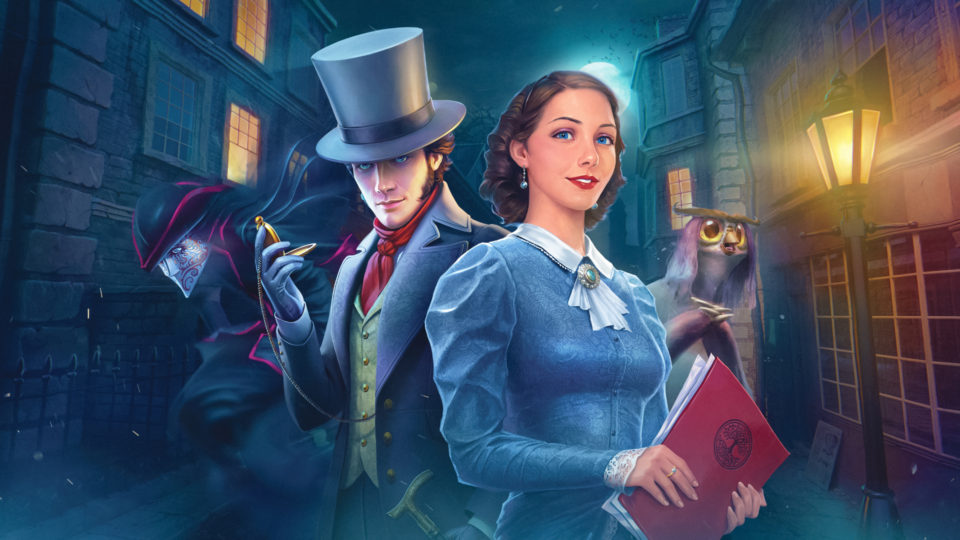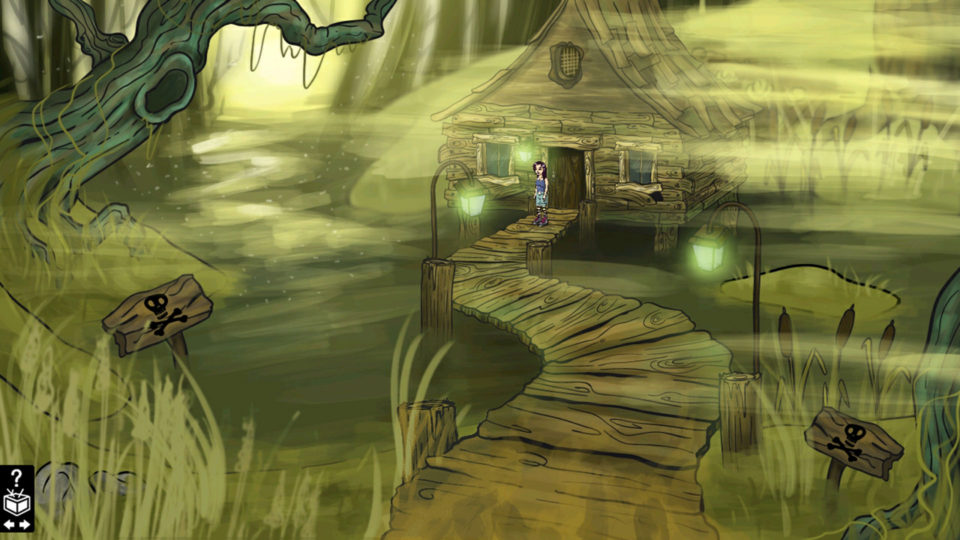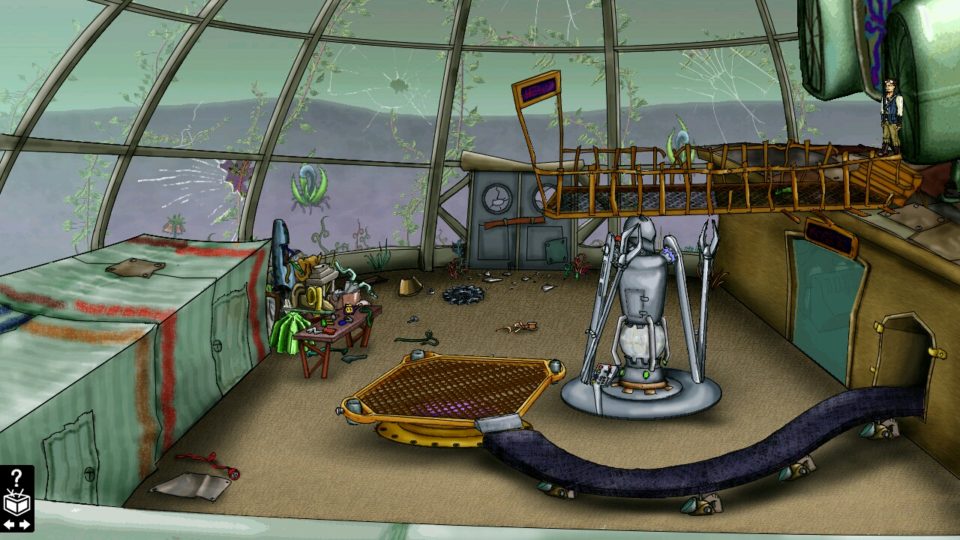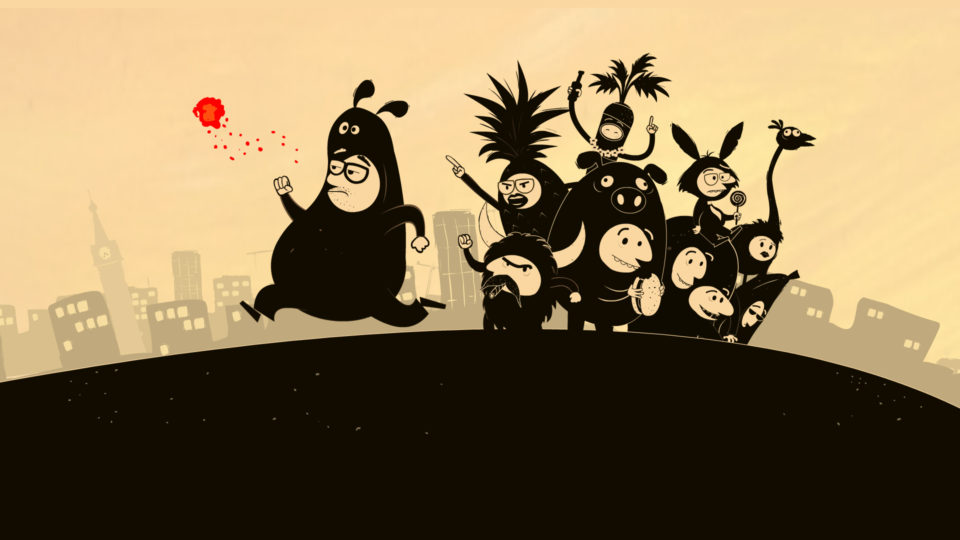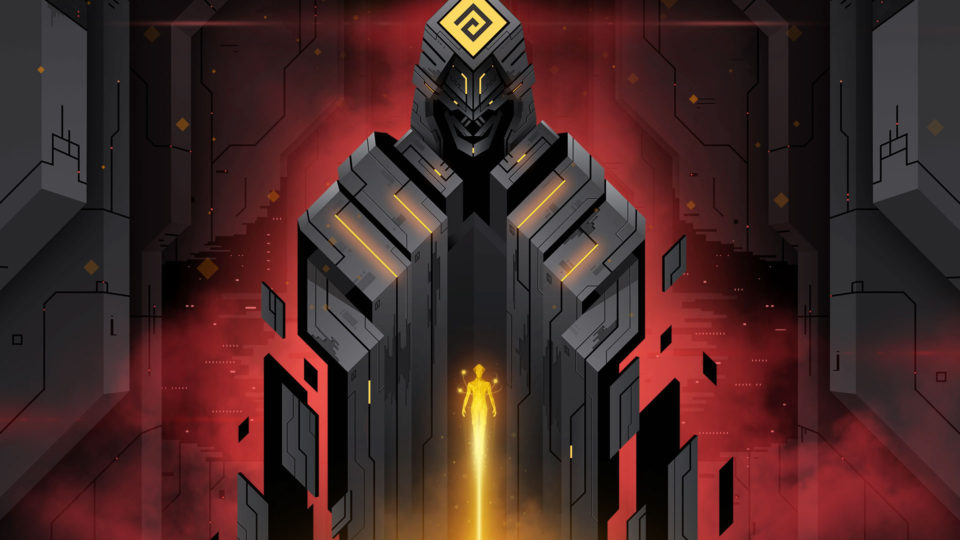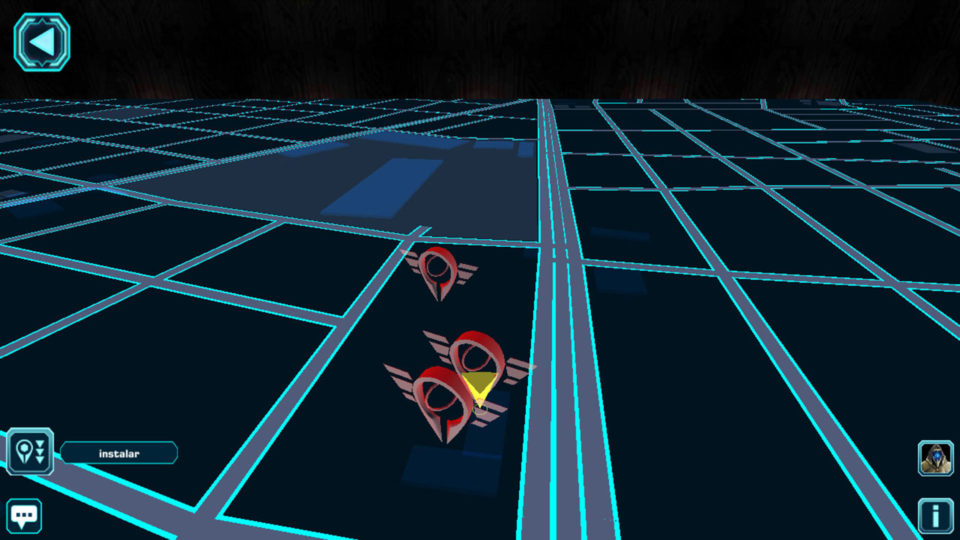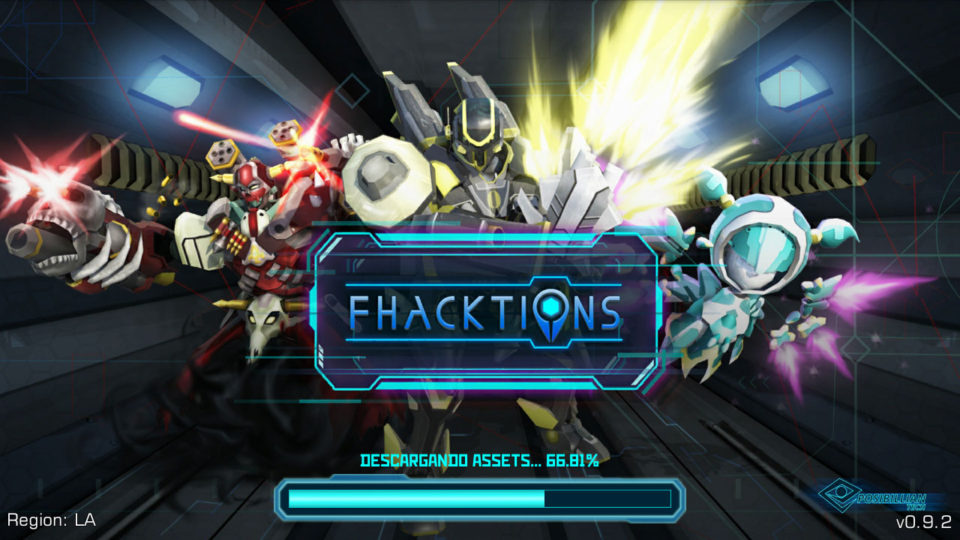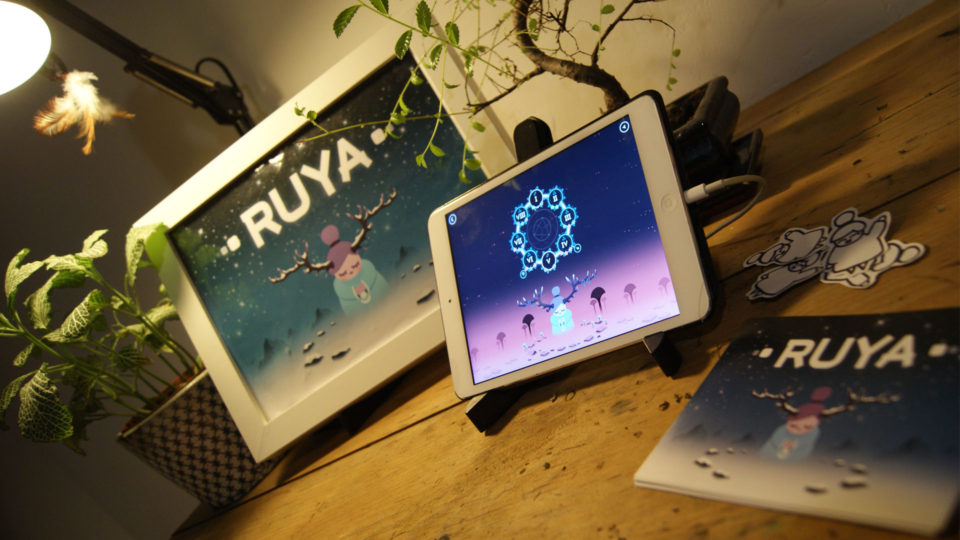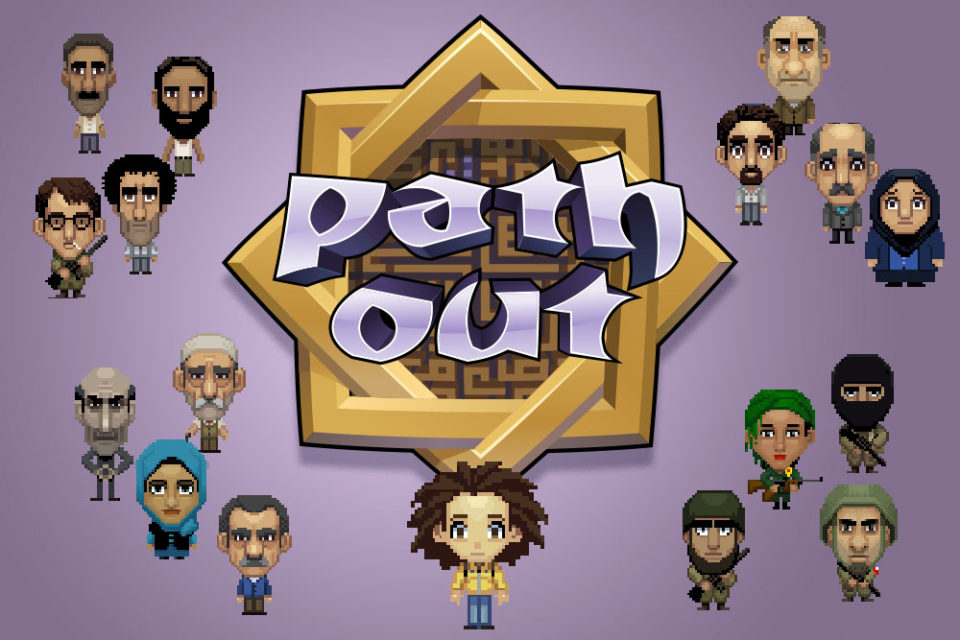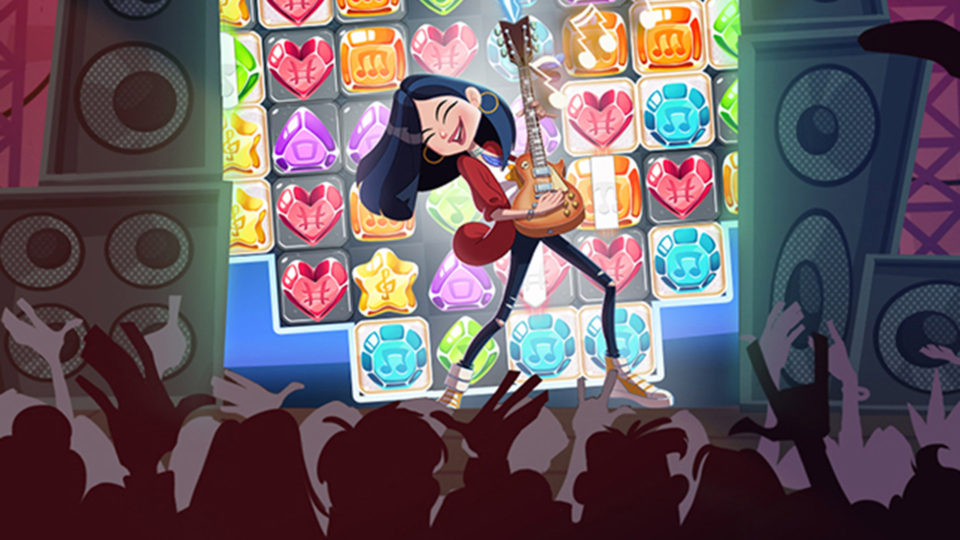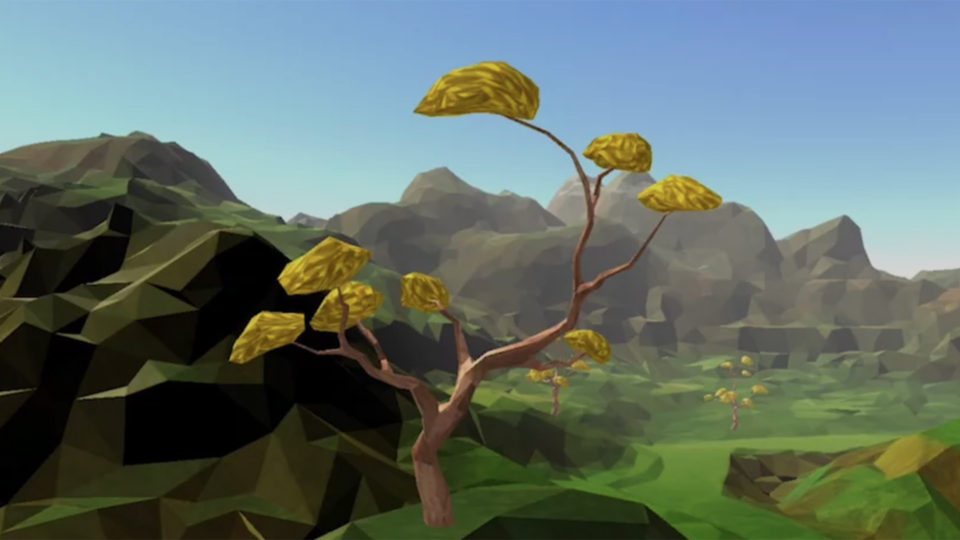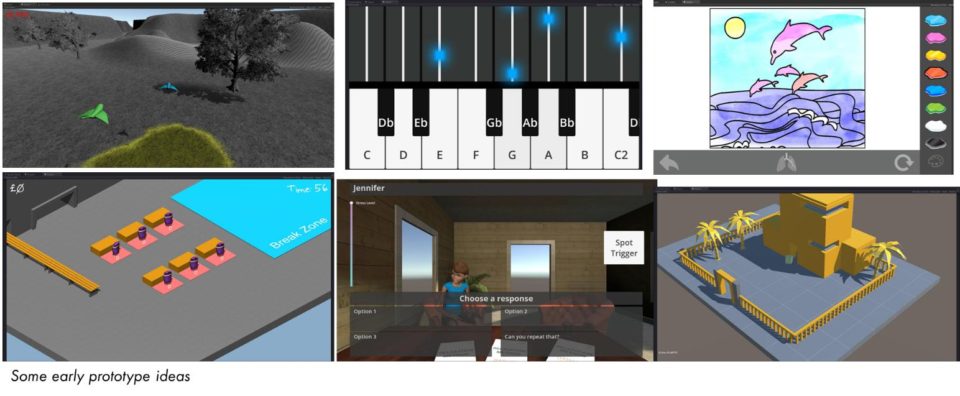In the gaming industry monetization is key to keeping in business and making new games. Conventional strategies include in-app purchases or ads and yet there is no single right answer for all games for a monetization strategy. Join Diana Platonova, CBO at MyTona, as she described evidence-based examples of what worked well for MyTona. In her talk, Customising for Your Audience: How Game Art Affects Monetization, at Casual Connect Asia, and see how they were able to incorporate these ideas into their game Seekers Notes. Diana advised, “Strive for excellence and never stop there. There is always something in your game that can be improved, changed or tested.” Tune in a video of the full lecture below.
main
ContributionsDevelopment
GameStylus: We Want to Allow all People to Create Their Own Games
By David Moren, GameStylus consultant
GameStylus is a small game studio located in Prague, Czech Republic. It started in 2013 with one idea: To create a simple game engine and game editor, which would allow anybody to create his/her own adventure games without lengthy programming. And so, many months later, the GameStylus.com web site and game engine were born. And first adventure games came, one of them reaching more than 1,4 millions of downloads.
GameStylus game studio was founded in 2013 by Petr Mandik, who had previous experience with adventure games development from his previous game company Agawa, which published adventure games in 1990s in the Czech republic. These were games for PC, published on CDs - who remembers these times? But the times has changed and this time he decided to target broader audience - mobile and PC gamers around the world. But as aforementioned, he wanted not only to create games, but also to offer his game engine and game editor to other people.
ContributionsDevelopmentIndiePostmortem
The Office Quest: A Story of Success
By Lior Bruder, Founder and CEO of 11Sheep.com
I guess that every single games developer in the world could say that everything started when they were kids and, with gleamy eyes but steady hands, played their first game. But I’d like to finish this post before the year is over, and that’d be a bit cheesy anyway, so let’s fast forward a little bit. In some sense, everything started when I decided to found a small development company. But then I would have to talk of 10 years of hard (but rewarding) work, during which we developed more than 50 products and saw many of our clients succeed – one of them sold his product that we developed for him for 50 million USD to NASDAQ!
So, fast forward again to the moment when we decided that the time had arrived to create our own “baby,” to make a game for us and not for others. The idea had crossed our minds before, but it wasn’t until some random day, having some coffee, when I saw a beautiful demo that Oren Rubin and Alon Simon had created. Back then it was something really tiny, but I instantly saw that it had something special – it was eye-catching, quirky, and funny. So I contacted them and told them that maybe we could make a mobile game out of it. We all agreed that it was worth a try.
And here we are, one year, one nomination to the Google Indie Prize, 20 times featured by Apple and Google (even featured once in the “Today” tab), and 4 million downloads later. It was definitely worth the try, don’t you think? But let’s see how we got here – the path is as important as the destination!
ContributionsDevelopmentIndiePostmortem
Hyperforma: A Way From Web Design to Our First Game
As winners at GTP Indie Cup which is an Indie Prize Partner event, the Nord Unit team were given the opportunity to compete at Indie Prize London at Casual Connect Europe 2018.
Our team is called Nord Unit and there are 3 of us: Fedor, Denis and Dmitry. We are true indie developers and Hyperforma is our totally first experience in developing and releasing a game.
Fedor Danilov creates art, game design, interfaces, writes a story and does CEO stuff.
Denis Dorokhov does UI, creates animations and scenes, makes sounds and works with freelancers.
Dmitry Konarev does programming, creates levels, compiles the game in Unity3D. So he deals with the technical side of the game.
And of course, we discuss game balance and mechanics together, so it’s a constant game-design-team-work.
How We Met Each Other
ContributionsDevelopmentIndiePostmortem
Fhacktions: Mapping the Way
By Juan de Urraza, Ceo of Posibillian Tech
Fhacktions is a location-based mobile MOBA game developed by Posibillian Tech, a Paraguayan startup founded in 2015. Set in a near future where the world is ruled by factions of hackers, players must battle each other to maintain control of strategically placed servers that provide them with currency and power. The core of the game is its location based mechanic, with servers placed in real world places, like your local coffee shop or the laundromat next door. Conceived before Ingress and Pokemon Go were launched, Fhacktions had an uphill road to follow in order to finance, code and promote a game with mechanics no one yet understood.
The game received several awards, like winning the “Best Audio” category in Indie Prize USA, and being finalist in Indie Prize in Asia and Europe in the “Best Multiplayer Game” category. Google selected Fhacktions as one of the 15 best games in the Google Indie Games Festival LATAM in 2018.
ContributionsDevelopmentIndiePostmortem
Ruya: We’re All One
Founded in 2016, Miracle Tea is an independent game developer made up of Bradley Smith, Tom Andrews, Enrico Ercole and Gav Amante. Based around Ipswich, they met at the University of Suffolk and Brains Eden game jam. The team aspire to make games that tap into deeper emotions to touch players in meaningful ways. Ruya was their first release. Bradley shares some insight.
Tranzfuser Days
Tom and I were both freelancing on the same project together. He showed me an old prototype he built from Uni. I had just competed in the Indie Speed Run and produced some artwork that I thought had some potential, so we pretty much combined two. Our goal was to re-imagine match style games with positive vibes and bring elements into the genre that you might not normally see.
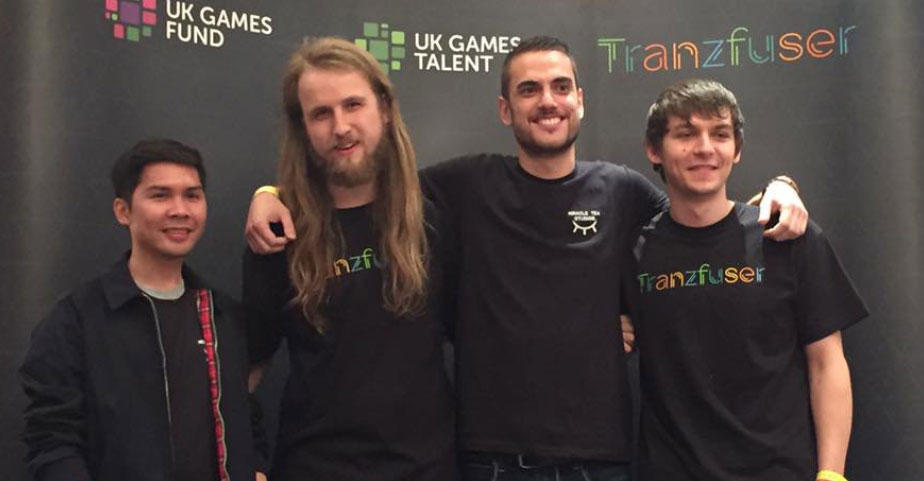
We submitted the original prototype to the Tranzfuser programme back in 2016 – it’s a national funding scheme for graduates in the UK. We were fortunate enough to be one of the teams selected with a successful pitch for funding. This floated a chunk of our development. The team that rxun it have been lovely to us and amazing to work with.
ContributionsDevelopmentIndiePostmortem
Pressed Escape: The Making of Path Out
In 2015 a young Syrian artist who had just arrived in Austria bumped by accident into a game designer that had somehow specialized in political games. He joined the designer and his team first as an apprentice, but soon after they decided to embark on an adventure: to make an autobiographical adventure game about escaping from the Syrian Civil War.
The project in a nutshell:
Path Out is an autobiographical narrative adventure, that allows the players to follow the journey of Abdullah Karam, a young Syrian artist that escaped the civil war in 2014. In the game, Abdullah is giving insight to his real-life adventure via video comments that appear throughout the game. While looking like an adorable retro RPG the game attempts to draw the players into the harrowing experiences that Abdullah had to endure during his journey. It also wants to function as an empathic connection between the player and the all too real protagonist. The first chapter of the journey was made available for free on Steam, itch.io and Gamejolt in November 2017.
ContributionsDevelopment
Three Must-Haves for Learning to Code Online
By Jonathan Weinberger of Udemy
The growing gaming industry offers a multitude of opportunities for developers. Grossing $100 billion in revenue worldwide today, by 2020 that figure is expected to reach $120 billion and with emerging technologies like virtual reality, the gaming industry is hotter than ever, and in need of more developers. The first steps for those looking to dive into this exploding field can be daunting. With learning to code online, several different programming languages, new terminology, mathematics, and software to learn, how do you know where to begin and which learning platform to use?
Online tutorials like those on YouTube are valuable resources, but they will only take a new developer so far. I picked up some good tips on YouTube but still struggled to grasp essential concepts. I wanted to internalize what I learned along the way and figure things out for myself, not just be spoon-fed the answers. So, I started making my own videos that include interactive challenges that helps others learn to think like a game developer.
Eight years and a few thousand views later, I’ve taught thousands of students the basics of game development. As an instructor on Udemy, I’ve come to realize that everyone learns in their own way, but if you’re looking to learn to code efficiently and successfully, you should look for a program that offers the following three things:
1. Interactive Exercises
All seasoned coders know that the best way to be a great coder is by doing—the more you practice, the better you become. So when video tutorials offer lessons with spoon-fed answers, it doesn’t actually help you learn the skills necessary to work independently.
Instead, aspiring coders should look for lessons that let them practice their skills along the way, with feedback after they complete a challenge. This grants students the ability to address issues they will face once they’re on their own, while allowing them to problem solve the solution with access to expert support, if needed. This helps coders understand the logic and concepts behind these solutions, as well as the “why” behind their code. When a student understands why they’re writing code, they’ll be able to apply what they’ve learned to future scenarios.
2. Supportive Community
There are countless benefits to working in a group, but one of the biggest for developers is the ability to collaborate and learn from peers. Working with developers who are going through the same learning process allows you to ask more questions and share tips and tricks, which ultimately makes the whole experience easier (and more fun) for everyone involved.
Sharing the learning experience also opens the door to making new connections and meeting people with similar interests. You could meet a mentor, future colleague, or business partner—the opportunities are endless.
3. A Real Game as the End Game
As I mentioned earlier, coders learn by doing. As an aspiring developer, it can be difficult to demonstrate your skills to a prospective employer before you have work to showcase your knowledge. That’s why I recommend novice developers look for courses that culminate in a tangible piece of work that demonstrates your understanding of the entire game development process.
If you plan to invest in learning, especially learning to code, take the time to make a list of non-negotiables you hope to get from your coursework. This will help you determine what type of course is the best for your learning style and ensure you’re getting the most out of your experience.
Jonathan Weinberger is a self-taught software engineer with more than eight years of experience and the author of Learn Unity Programming with C#. He has developed several Unity games for the likes of Cartoon Network and Adult Swim, as well as enterprise AR applications for companies like GE, Coca-Cola, and ThyssenKrupp. Find him on Twitter: @GameDevJon.
BusinessContributionsDevelopment
Hard Rock Puzzle Match: Bringing Rock‘n’Roll to Today’s Youth
By Yonatan Erez, CEO of Ilyon
Rock‘n’roll is here to stay, as the old song says – but in the mobile era, getting people into brick-and-mortar businesses can be a challenge. Like brands of all kinds, Hard Rock is seeking to connect with mobile users. The only question is how – and Hard Rock found its answer in the game developed in collaboration with our team here at Ilyon Dynamics: Hard Rock Puzzle Match.
ContributionsDevelopment
Soar: Lessons in Building a Game for Mobile & VR
By Karyn Murray, COO, eLearning Studios
In 2014, eLearning Studios was invited to be a partner in a European partnership project called Stay Active which was a project looking at reducing stress in older workers in the workplace. As part of this project we worked collaboratively with Dr. Gail Steptoe-Warren, Occupational Psychologist and Principal Lecturer at Coventry University’s Faculty of Health and Life Sciences and Nigel Wilson Principal Lecturer at Coventry University to research and explore ideas for the development of a new game designed to reduce stress for those over 45. This initial project was later to evolve and develop into Soar: Tree of Life.

